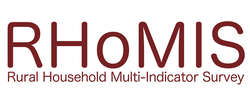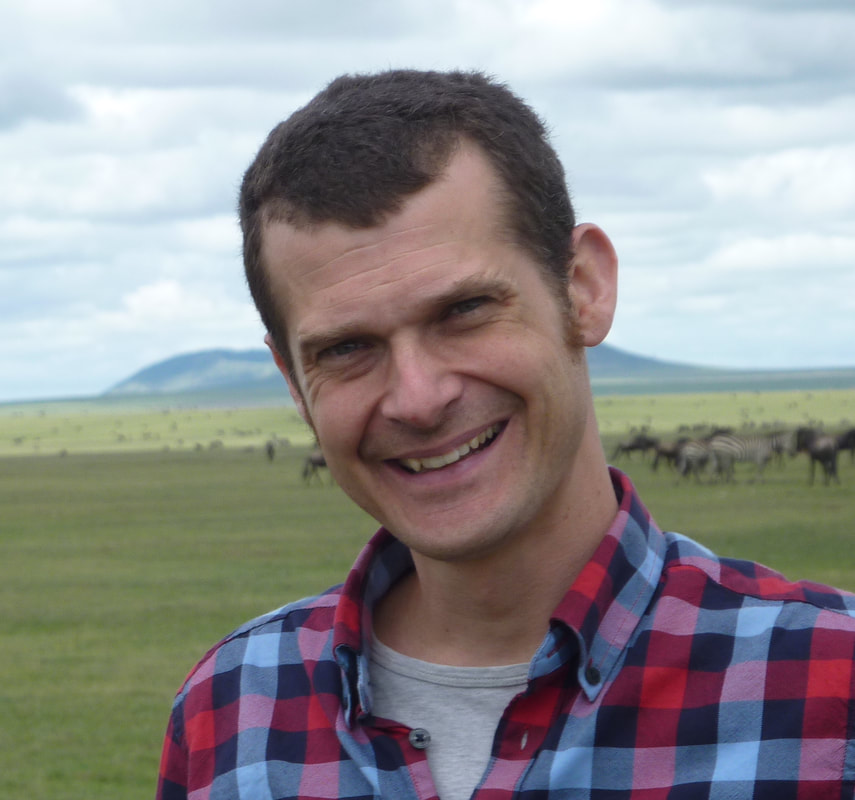|
Editor: The NGO TREE AID have been using the RHoMIS tool for almost three years, with over twelve implementations of the survey. We have provided a customised questionnaire and data analysis code to support their excellent work. Following on from their recent blog article ‘Using Technology to maximise our impact’, we interviewed David Baines, their Monitoring, Evaluation & Learning (MEL) Advisor. The interview below helps us to understand a bit more about how RHoMIS is used and the impact we have had on international development.
1 Comment
Editor: Léo has been an invaluable member of the RHoMIS team, adding a thorough systems-thinking approach to our data analysis, skilled programming, and on top of that, an amazing fun attitude full of adventure! As he is begins his RHoMIS-related PhD, we have asked him to mark the transition with a new blog post. We are grateful for all he has given RHoMIS so far, and wish him the best as he begins these further studies. Learning from innovative farmers: spotting agricultural development options that work locally11/4/2019 Around the world, agricultural development organizations often struggle with surprisingly weak adoption of innovations that had previously been successful at other places. If all goes well, the smallholder farmers addressed by a development program readily adopt and adapt newly introduced practices, such as improved management of crops and livestock. Not so rarely, however, promising innovations do not fit with local culture, cause extra labor at times when the farmers are already extremely busy, or show other unexpected downsides in the new context.
Avoiding locally unsuitable interventions and designing better agricultural development programs by working closely with the local community is possible, of course. But participatory research can take a long time, and results are sometimes biased towards the local opinion-leaders, who are not always the most successful farmers. Could there not be a simpler way to find out “what works” under specific local conditions? |
RHoMIS BlogThe RHoMIS blog is written by a community of practice. The COP is made up of RHoMIS users and creators from across the world. Here we share their stories of how RHoMIS is helping to record and analyse household data. Archives
May 2020
Categories
All
|




 RSS Feed
RSS Feed